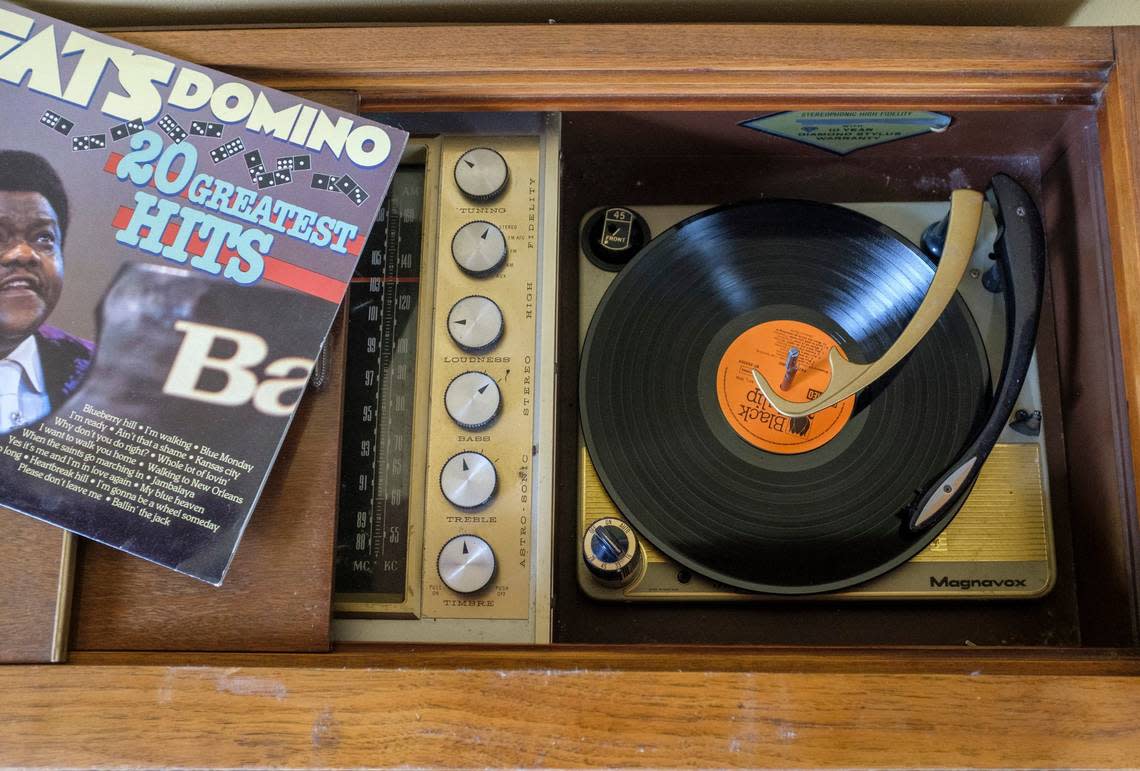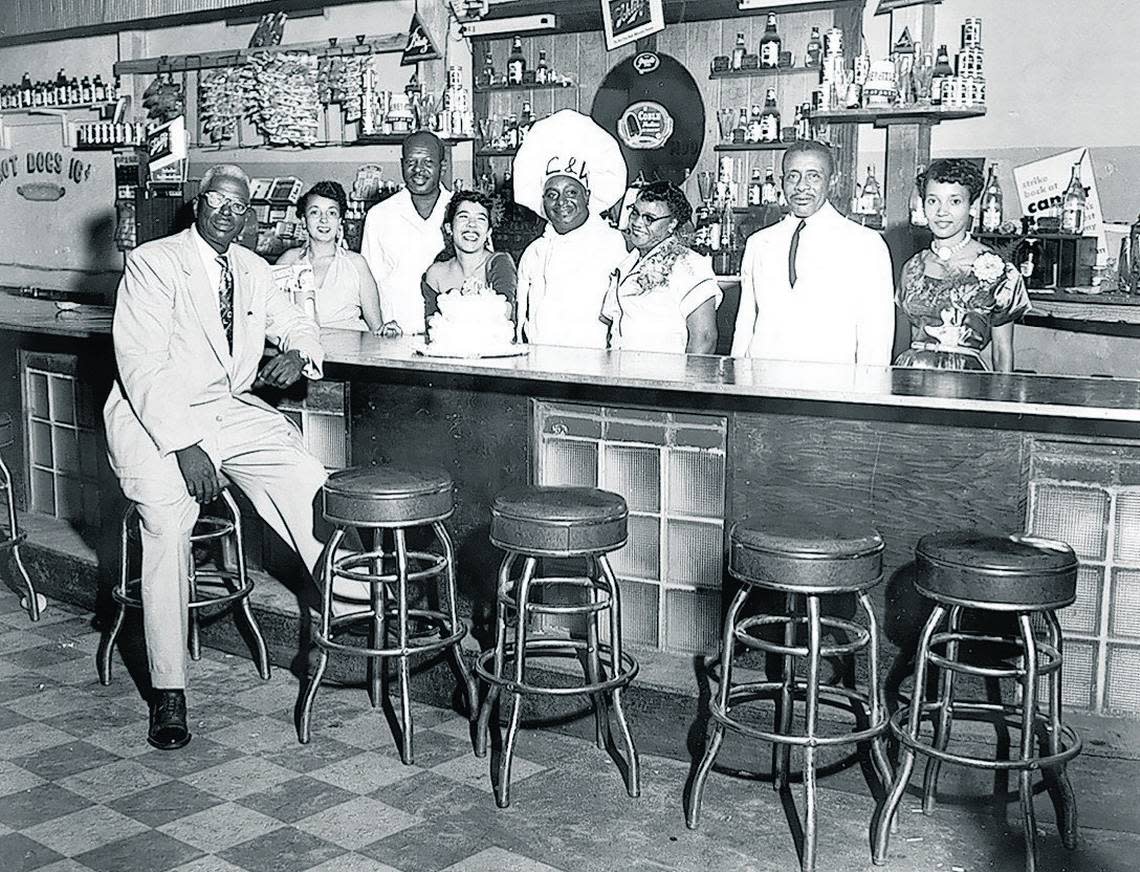Otis Redding, Little Richard played this Myrtle Beach site. It’s Hall of Fame bound.
For decades, Charlie’s Place told the story of life in segregated America through wild nights of dancing, performances from legendary musical names and a nightmarish encounter with the Ku Klux Klan.
The landmark venue — open for almost three decades on Carver Street in Myrtle Beach — was recently inducted into the Carolina Beach Music Awards’ hall of fame in recognition of its cultural significance, including as the unofficial birthplace of South Carolina’s official state dance, the shag.
The 2022 Carolina Beach Music awards show starts at 3 p.m. on Nov. 13 at the Alabama Theatre in North Myrtle Beach.
Cookie Goings and April Johnson from the city’s neighborhood services department will accept the honor on behalf of Charlie’s Place.
City officials assumed ownership of the property several years ago, converting it into space for business incubation and opening a small museum to commemorate its historic use.
“People used to go and have a ball there back in the day,” city councilman Michael Chestnut said. “It’s just a great honor to have. I’m excited; I think it’s going to bring a sense of even more pride to the community.”
On any given night between 1937 through the mid-1960s, Duke Ellington’s piano, Dizzy Gillespie’s trumpet, Billie Holiday’s vocal improvisations or Otis Redding’s soulful wails could have settled over a mixed race crowd at the supper club.
“It’s kind of an unassuming place for the sheer amount of history around it,” Abigail Geedy, curator of the Horry County Museum, said. “It just became that space that they were able to play and hang out with like minded people.”
Recognized as a haven for Black people in the South, Charlie’s Place was a Green Book listing as part of the Chitlin’ Circuit — a network of venues throughout the region that provided commercial and cultural acceptance during segregation.
“Charlie’s Place was a huge hub for people both Black and white at the time that it was up and running,” Geedy said. “It was fairly integrated as to who went there at at time when things around it weren’t.”
For all the creativity, fellowship and joy that spread throughout Charlie’s Place, the club also bore witness to one of Myrtle Beach’s ugliest incidents.
On Aug. 26, 1950, the site was attacked by 60 Klansmen — a Conway police officer among them . The group sent 500 rounds into Charlie’s Place, injuring several patrons. Club owner Charlie Firzgerald was dragged to a road and savagely beaten.
At least 15 Klansmen were arrested in the coming months, including Grand Dragon Thomas Hamilton, who orchestrated the attack. They were charged with conspiracy to stir up mob violence. Some of the men had their cases dismissed before trial and the five remaining men, including Hamilton, were cleared of their crimes by an all-white jury, The Sun News reported in a February 2021 article recounting the incident.
Roddy Brown, a city resident who grew up next to Charlie’s Place, previously told newspaper then that when Fitzgerald would promote a big-name artist, “people would flock to Myrtle Beach by the thousands.”
After closing in 1965 following the deaths of Fitzgerald and his wife, the building was vacant until city restoration efforts started in 2017.
Today, Charlie’s Place also serves as backdrop for the city’s popular jazz festival, which just wrapped up its sixth year at the 1420 Carver Street location.
“It just shows you how far we’ve come,” Chestnut said. “That’s what the city wants to see. Neighborhoods coming together and showing that we are one.”


